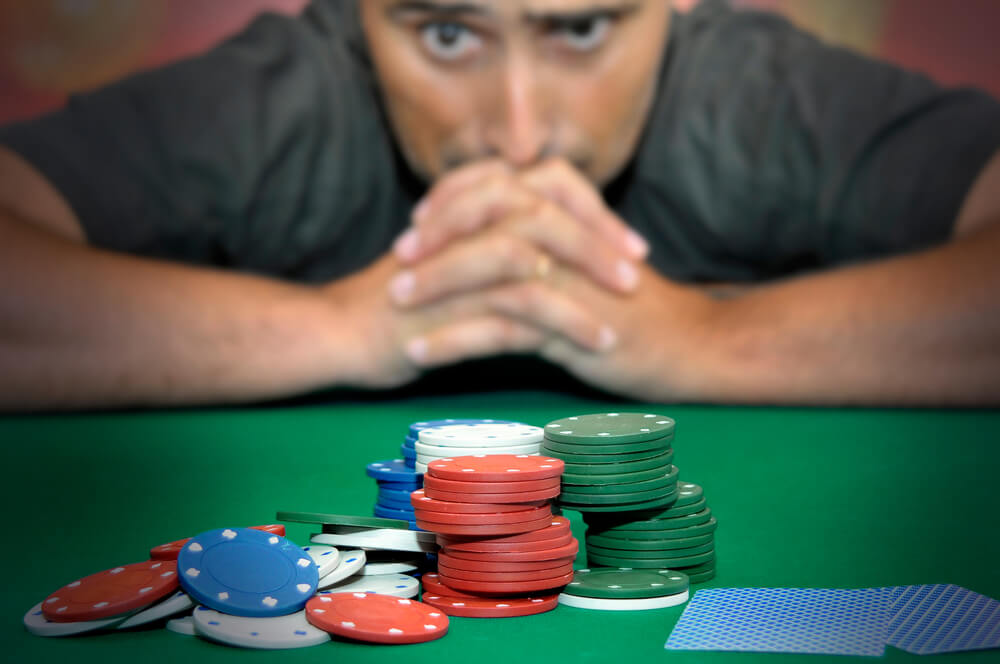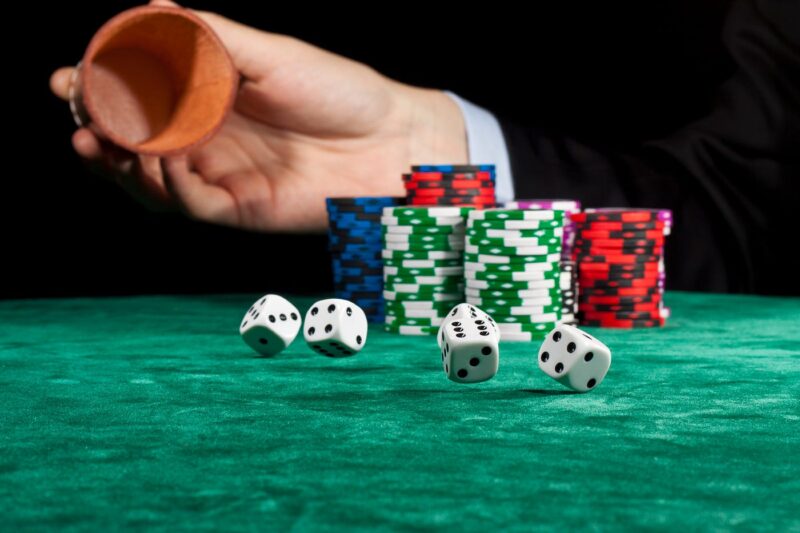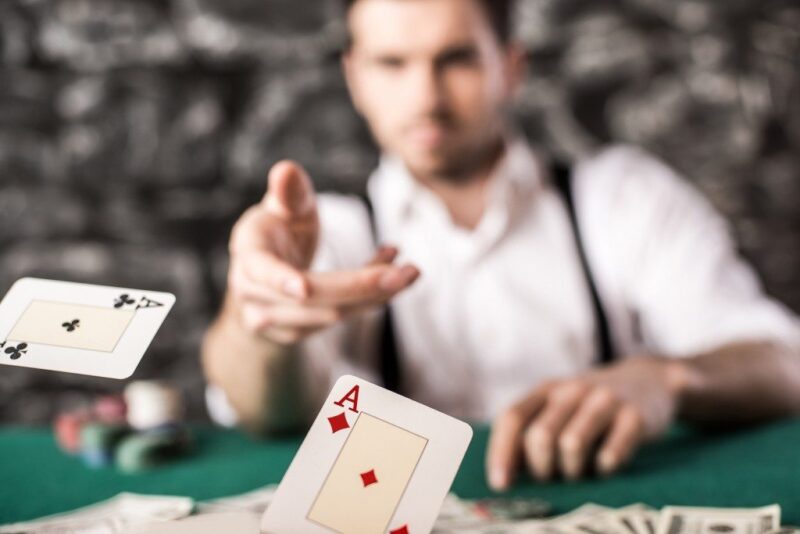Why do some people risk everything for the chance to win big? The allure of the jackpot, the thrill of the game, and the crushing despair of a loss are all tied to what’s happening inside your head. Your brain is both your greatest ally and worst enemy when it comes to taking risks for rewards.
Key Points:
- Betting triggers the release of dopamine, heightening pleasure and risk-taking behavior.
- Winning reinforces habits, leading to compulsive behavior in many cases.
- Losses impact your emotional regulation, leading to frustration and impulsive decisions.
- Casinos use psychology to keep you engaged and spending.
- The effects of gambling addiction are comparable to those of substance abuse.
Why Does Winning Feel So Good?
When you place a bet, your brain releases dopamine—a chemical that makes you feel good. But it doesn’t stop at winning. Even the anticipation of a win floods your system with this powerful neurotransmitter. That rush is why gambling feels so exhilarating, even when you lose. It’s a biological reward system gone haywire.
Think of it as eating your favorite dessert. The first bite is heavenly, but the more you consume, the less satisfying it becomes. Gambling follows a similar pattern, but the stakes are much higher. The promise of a reward keeps pulling you back for more.
What Makes Losing So Hard to Accept?

The pain of losing isn’t just emotional—it’s physical. Studies show that your brain processes financial losses in a way that mimics physical pain. That sting can drive you to irrational decisions, like chasing losses.
This is where the house always wins. Games are designed to keep you hopeful enough to stay in the game, even when the odds are against you. It’s a clever manipulation of your brain’s natural reward pathways.
How Do Casinos Keep You Hooked?
Consider the layout, sounds, and even lighting. Every aspect of a casino is crafted to stimulate your senses and encourage risky decisions.
One popular platform, Casino 168, offers an online experience that mirrors the allure of traditional gambling spaces. From live baccarat to slot games, it leverages the same psychological triggers to keep players engaged. The convenience of 24-hour access adds another layer of temptation, ensuring that you’re always just one click away from the next rush.
The house doesn’t rely on luck—it relies on science to tilt the odds in its favor.
Is Gambling Addiction a Real Problem?
Yes, and the effects are serious. Compulsive betting rewires your brain in ways that resemble substance addiction. Over time, your tolerance for the thrill increases, leading to riskier bets and higher stakes.
Symptoms include:
- Irritability or restlessness when not betting.
- Lying to hide losses.
- Prioritizing gambling over relationships or work.
It’s not just the brain that suffers. Financial and emotional turmoil often follow, creating a cycle that’s difficult to break.
Can You Rewire Your Brain for Better Decisions?

The good news is that your brain can recover. Cognitive-behavioral therapy (CBT) helps many regain control by identifying and reframing harmful thought patterns. Mindfulness exercises also train your brain to pause and assess risks more clearly.
Small, actionable changes can make a big difference:
- Set strict time and money limits before betting.
- Take regular breaks to avoid emotional decision-making.
- Focus on activities that offer non-financial rewards, like hobbies or exercise.
What Happens When You Stop?
Quitting isn’t just about willpower. When you stop gambling, your brain goes through withdrawal similar to what happens with drugs or alcohol. Cravings, irritability, and even depression can emerge as your brain adjusts to the absence of dopamine surges.
The recovery process takes time, but many find relief through structured support systems, such as Gamblers Anonymous or professional counseling.
Why Do Stories of Big Wins Stick in Your Head?
It’s no coincidence that tales of massive payouts are so memorable. Your brain is wired to focus on outliers, not averages. Casinos capitalize on this by showcasing big winners, even though they’re rare. This selective storytelling keeps the dream alive, pushing you to keep trying for a similar outcome.
Are All Bets Equal?

Not all forms of gambling are equally risky. Games of skill, like poker, allow players to use strategy, while slot machines rely purely on chance. However, even skill-based games can trigger the same brain responses, especially when real money is involved.
The key is to recognize the patterns and know when to walk away.
How Can You Stay in Control?
Awareness is the first step. Know how games are designed to exploit your brain’s weaknesses and make conscious choices to avoid falling into traps.
Remember these tips:
- Never bet what you can’t afford to lose.
- Limit access to gambling apps or websites.
- Seek help if you notice signs of compulsive behavior.
The allure of big wins is powerful, but knowledge is even more so. By understanding the science behind gambling, you can make smarter choices and avoid the pitfalls that come with chasing the next big rush.


